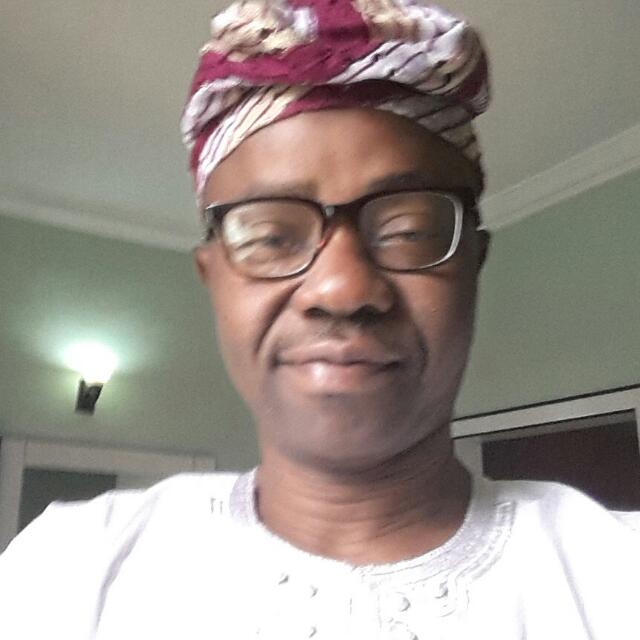
With the close of the first quarter of 2024, it is apposite to do a review of the performance of the Tech Venture Capital market in Africa in 2023. A better understanding of how things progress will enable a firmer grasp of the market dynamics in the current year.
Experts generally agree that the Tech venture capital market was tough for the continent in the outgone year. Though there was a high level of presence of relatively young Africans ready to expand the frontiers of technology on the continent they were sometimes hobbled by the lack of capital to make their dreams a reality.
Will Stevens, the consul general at the U.S. Consulate General in Lagos, Nigeria, in November last year told the Global Tech Africa Conference that approximately 40% of venture capital (VC) investment in Africa came from the U.S. and 60% of African startups are incorporated in the United States.
Despite facing reduced funding last year, fund managers struggled to raise capital as limited partners prioritized strategy. Despite facing reduced funding in 2023, fund managers struggled to raise capital as limited partners prioritized strategy. Despite facing reduced funding last year, fund managers struggled to raise capital as limited partners prioritized strategy. With a good track record, some new African and Africa-focused funds still emerged, with several of the existing ones receiving fresh backing.
Some of the notable VC funds that came up last year include the $300 million Partech Africa II, the largest Africa-focused fund to date, and the Africa People + Planet fund by Novastar Ventures, an over $200 million pool that will invest in agriculture and climate sectors. Meanwhile, Norrsken22, one of the biggest VCs in Africa, got fresh backing for its Norrsken22 African Tech Growth Fund, alongside the final closing of its debut fund.
New Venture Capitals also continued to surface, including Chui Ventures, which has a gender-inclusive focus in its plan to back founders in Africa focused on mass-market products. Its maiden fund bagged $9 million backing from Mastercard, to serve a market that has recently received clamour for local capital.
Africa’s venture capital and private equity fund managers secured $2.4 billion across 43 deals across the year, according to data tracker and market insights firm Briter Bridges’ report.
Brian Odhiambo, a partner at Novastar Ventures, said opportunities abound in fintech and climate sectors in 2024 and beyond:
“We believe that the megatrends in Africa are the reason to keep investing. Africa has the world’s youngest and fastest-growing population, all of whom are increasingly tech savvy. We currently have the largest available arable land and the largest carbon sink in the world outside of the Amazon. Urbanization in Africa is also the fastest growing in the world.”
According to Partech Report, in 2023, with a total of $3.5 billion raised in 547 deals,
African VC investments experienced a significant downturn with a 46% decline in total funding and, for the first time in 8 years of reporting, a 28% decline in deal count.
While in 2022 Africa stood out against the global downturn, in 2023 the African tech sector saw a larger decline than the global trend despite a display of resilience on the debt side.
The report shows that total funding, including both equity and debt, fell by 46% year-over-year, from $6.5 billion to $3.5 billion.
Also, the number of deals completed saw a significant reduction, dropping by 28% from 764 to 547 deals, marking for the first time, in over 10 years of data collection, that such a decline would be recorded in a supposedly fast-growing growing ecosystem.
In addition to the well-known challenges linked to the global macroeconomic environment (for example, high-interest rates, currency devaluation, inflation, and layoffs), two key factors contributed to this contraction in funding:
Conservative Capital Raising: Faced with a strong valuation decline and stronger requirements on their economics, many startups focused on cash efficiency over fundraising.
Investor Withdrawal from the Market: Compared to last year, the number of investors who participated in funding rounds in Africa in 2023 decreased by 50%. There was a major decline in participation from major institutional funds, which generally drove the larger rounds. For instance, there was only one equity and three debt megadeals in 2023 (i.e., above $100M), compared to seven equity and four debt megadeals in 2022.
Despite this downward trend, a standout in this landscape was the resilience of debt deals, which continued to be made available to African tech startups. The number of deals saw a modest increase from 71 in 2022 to 74 in 2023, and while there was a 22% decrease in the amount raised, from $1.6B in 2022 to $1.2B in 2023, it was less severe compared to the overall funding downturn notably thanks to eight deals above $50M (vs. 7 in 2022).
To put this overall downturn in perspective, it is crucial to recognize that:
The decline in funding is occurring in the context of a global downturn which appears to be hitting the African ecosystem with a delay of roughly two quarters.
Other emerging markets have been experiencing similar downward trends in venture capital funding, in the case of Latin America and Southeast Asia, on a larger scale.
Despite the downturn, current levels of funding still present a significant growth over the past five years – nearly doubling the pre-2021 figures.